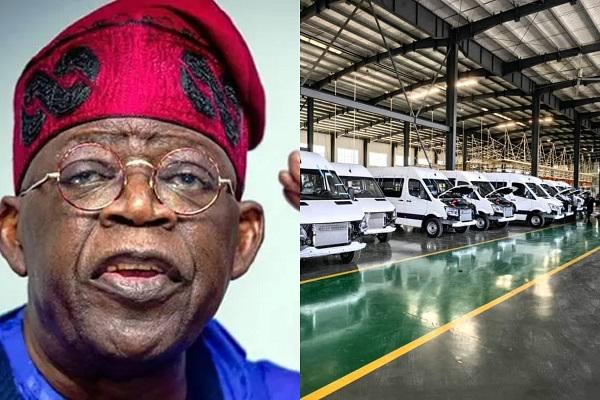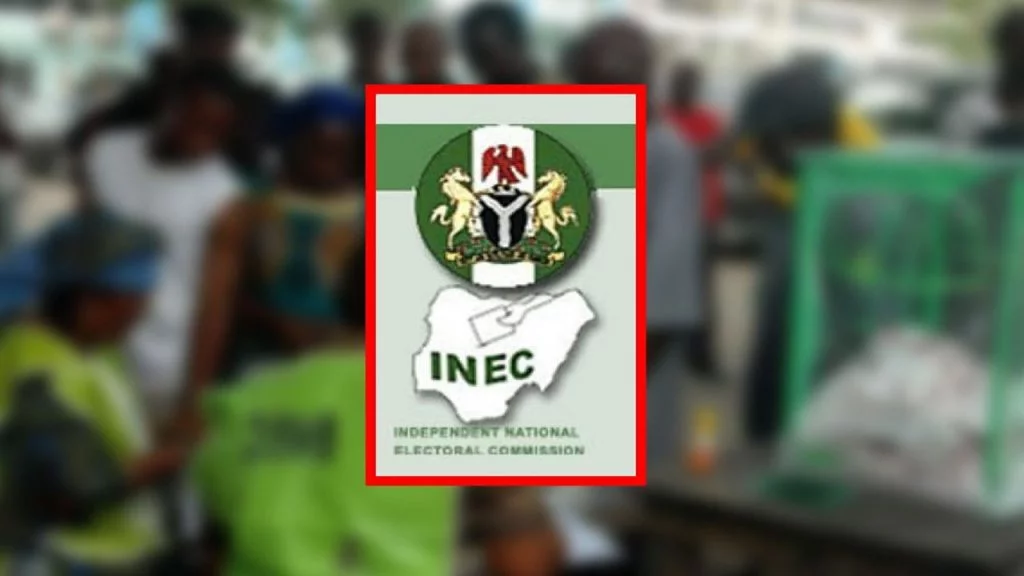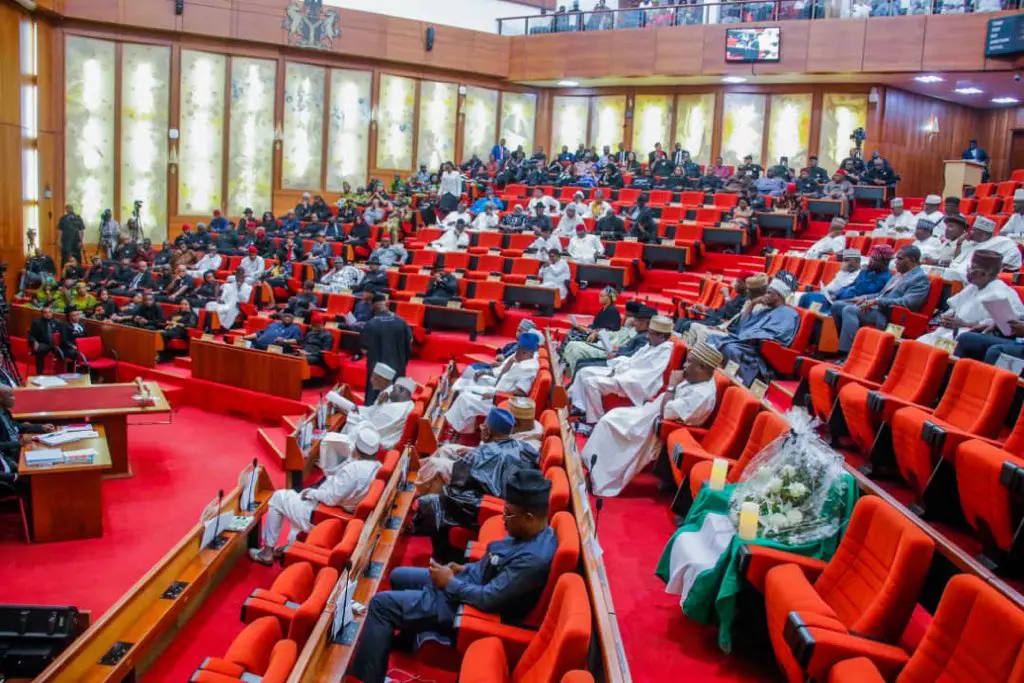Voice Air Media, VAM News Update
President Bola Tinubu has banned members of the Federal Executive Council, FEC, from purchasing petrol dependent vehicles.
The President has also directed the mandatory procurement of compressed-natural-gas-powered vehicles by all government ministries, departments, and agencies.
The Special Adviser to the President on Media and Publicity, Chief Ajuri Ngelale, in a statement on Monday said that the directive was in line with Tinubu’s commitment to ensure energy security, drive utility, and cut high fuel costs.
According to the statement, “The President’s directive is also in furtherance of Nigeria’s effort to transition to cleaner energy as CNG-enabled vehicles have been adjudged to produce lower emissions, even as they present a more affordable alternative for Nigerian energy consumers.”
Addressing members of the Federal Executive Council (FEC) at the Presidential Villa, Abuja, President Tinubu affirmed that there is no turning back in the energy reforms initiated by his administration.
“This nation will not progress forward if we continue to dance on the same spot. We have the will to drive the implementation of CNG adoption across the country, and we must set the example as public officials in leading the way to that prosperous future that we are working to achieve for our people. It starts with us, and in seeing that we are serious, Nigerians will follow our lead,” the President stated.
It further stated, “The President further directed the rejection of all memos brought by members of FEC seeking the purchase of traditional petrol-dependent vehicles, tasking the affected members of the council to go back and diligently seek value-driven procurement’s of CNG-compliant vehicles.
“The President remains committed to effectively harnessing the nation’s gas potential, alleviating the burden of high transportation costs on the masses while enhancing the standard of living of all Nigerians.”




